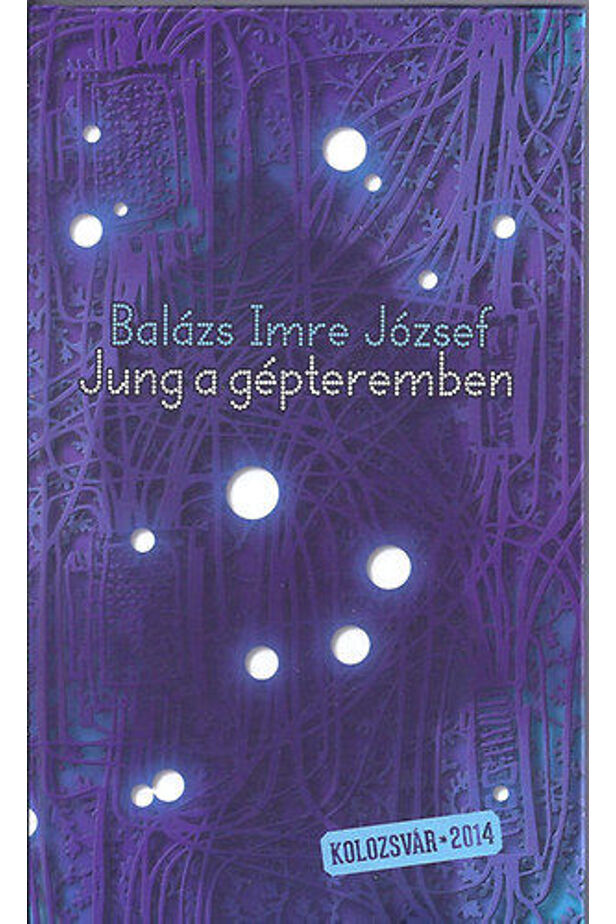Jung in the engine room
Delivery time: 2 - 3 business days
Quantity:
HUF 1,090
Description
Jung’s work is close to that of the writer, and even as a literary historian he favors the interpretation of Jungian literature over that of Freudian. His field of research is Hungarian literature in Transylvania, and a constant external expectation in connection with minority literature is that the writers process the trauma of Trianon in their works. Imre József Balázs tries to question these expectations. While Freud explains his subconscious dream projections with past traumas, Jung is more interested in the issues that currently occupy the individual, so he feels Jung’s thinking is closer to his own. If the author's dream is a literary work, then the poems of József Balázs look more from the present to the future, provide variations on the possibilities of solving certain problems, and try to break out of the shackles of the minority situation. The first and earliest text of the volume was in the Machine Room, which was eventually incorporated into the title of the volume. By involving Jung’s name, the author narrows the scope of the machine room by creating tension, shifting the emphasis toward psychology. The poems were created using an association technique, are not closed, and themselves evoke further associations from the reader. While the writer has organized his previous volumes into cycles, Jung’s texts in the machine room are more loosely connected to each other, and traces of external and internal journeys can be discovered in them. Andrea Dancsó
| publisher | Promenade Cultural Association |
|---|---|
| writer | Balázs Imre József |
| scope | 84 |
| volume unit | oldal |
| ISBN | 9789730178609 |
| year of publication | 2014 |
| binding | threaded, hardcover |

Sign up for our newsletter and be the first to know!
A Zamnia hírlevélre való feliratkozással megerősítem, hogy betöltöttem a 16. életévemet.


